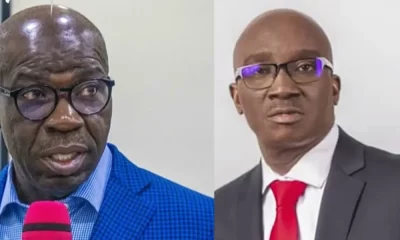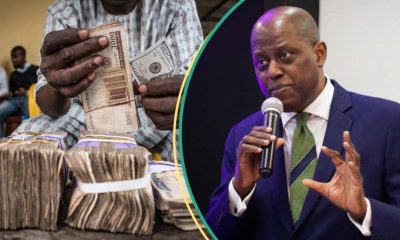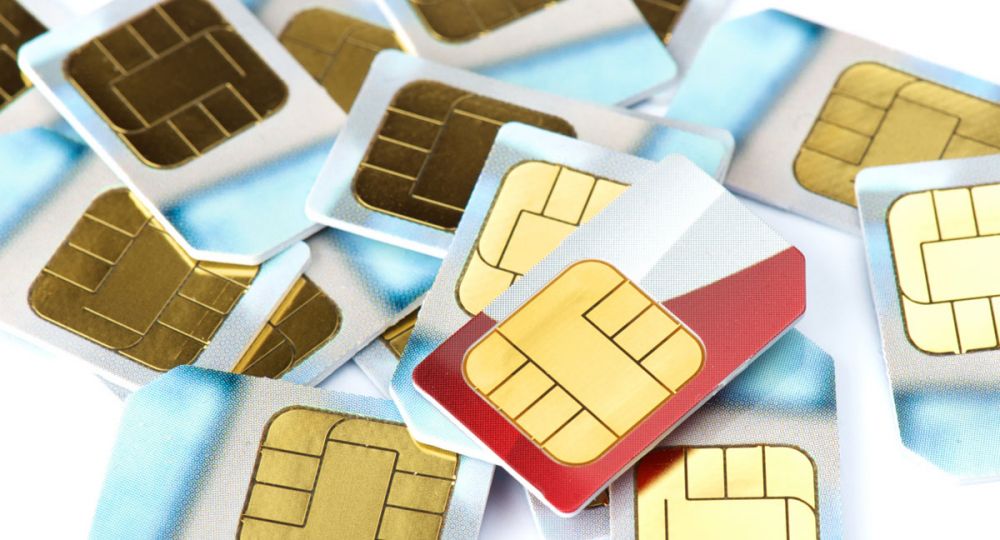In furtherance to tightening the security features of electronic banking in Nigeria, particularly through the use of USSD codes on mobile phones, the Central Bank of Nigeria (CBN) and the Nigerian Communications Commission (NCC) is set to come up with regulations to tighten the process of SIM swap for telecom subscribers.
Director, Banking and Payments System Department, CBN, Mr ‘Dipo Fatokun, disclosed this at the weekend, when he delivered a presentation titled: “Electronic Payments Industry’s Performance and Regulatory Issues,” at a bi-monthly forum organised by the Finance Correspondents Association of Nigeria (FICAN) in Lagos.
He explained, “Some of the fraud we are still battling with is the issue of SIM swap. We have heard of instances where people would say for three days my phone did not work. And because many of us carry more than one phone, if one is not working, at least one will work.
“So, what they do is that they swap your phone. That is, they just walk up to a service provider and claim to be the owner of the line. Most often, they have studied that number and they have collaborators, probably in the bank.
ALSO SEE: Experts call for urgent tightening of SIM swap process
“And because the process for doing a change of Sim is so loose, the telcom company would change the SIM for the person and so he assumes the phone number.
“What does he do? He puts the SIM in another phone and start using the USSD to make transfers out of the account into another account. So, we are working with the NCC to tighten the process of SIM swap. It may include biometrics and a unique number may be required.
“In Nigeria, we have consistently over the last three years reduced the value of electronic fraud. The game changer is the BVN. It is not only helping us to identify who owns what, but going forward, just as it was announced by the Bankers’ Committee at the last meeting, the BVN would be used as an instrument to track fraudsters in the system.
“When electronic fraud happens, money is moved from one account to another account. That other account that money is moved to, the owner can be identified. And when such owners can be identified, they can be blacklisted or watch listed.
“It means that fraudsters can be identified and if possible taken out of the system. So, the BVN is going to be a game changer in the respect. We are working on the final framework and when it is concluded, it would be issued to the industry.”

 Business7 days ago
Business7 days ago
 Crime1 week ago
Crime1 week ago
 Business1 week ago
Business1 week ago
 Latest3 days ago
Latest3 days ago
 Latest4 days ago
Latest4 days ago
 Politics1 week ago
Politics1 week ago
 Education1 week ago
Education1 week ago
 Business4 days ago
Business4 days ago








